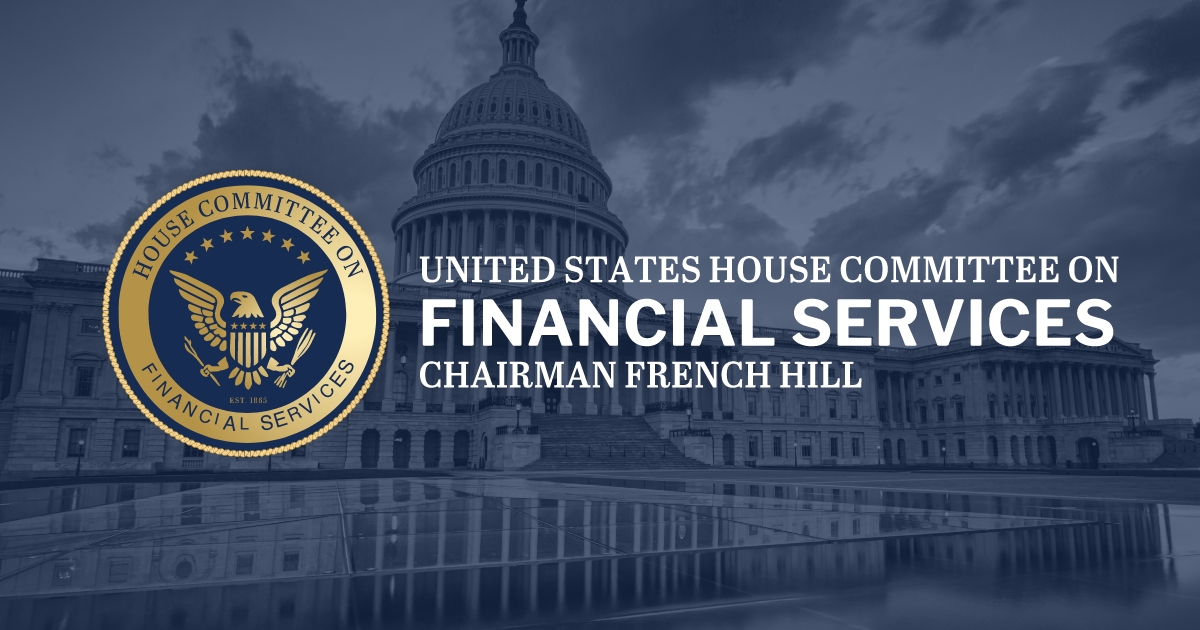AI and Its Transformative Role in Financial Services
AI and Its Transformative Role in Financial Services
Boosting Efficiency and Consumer Protection
The Subcommittee on Digital Assets, Financial Technology, and Artificial Intelligence recently delved into how artificial intelligence is transforming financial services. Chairman French Hill highlighted AI's impressive capability to enhance efficiency while slashing costs. It is revolutionizing tools designed to shield consumers, ranging from fraud detection to anti-money laundering efforts. The bipartisan task force witnessed firsthand AI's potential to strengthen financial systems and regulatory practices. These advancements represent a fundamental shift in how financial institutions operate, providing unprecedented opportunities to improve service delivery while maintaining robust security measures.
Driving U.S. Leadership in AI Innovation
Subcommittee Chair Bryan Steil emphasized the strategic steps taken to bolster U.S. leadership in AI development. Through policies that minimize bureaucratic hurdles, the administration has embraced a "try-first" philosophy that accelerates technological advancement. This conducive environment ensures the United States remains at the frontier of global technological leadership while fostering innovation across multiple sectors. The approach recognizes that maintaining competitive advantage requires both strategic investment and regulatory frameworks that encourage experimentation and growth.
Tackling Misinformation and AI-Driven Fraud
AI's role extends beyond efficiency improvements to address complex challenges in information integrity. Rep. Zach Nunn spotlighted the rapid spread of misinformation facilitated by AI technologies, illustrating how false information can proliferate at unprecedented speeds across digital platforms. This dual-edge nature of AI requires sophisticated defensive strategies. Rep. John Rose emphasized the critical need for financial institutions to access cutting-edge screening technology that keeps pace with evolving cyber threats. The challenge lies not only in detecting fraudulent activities but also in maintaining the integrity of information systems that underpin financial markets and consumer trust.
Navigating Global AI Competition
Rep. Bill Huizenga raised concerns about the competitive AI landscape, particularly in relation to China's technological advancement. Dr. Christian Lau from Dynamo AI emphasized that fostering open markets that nurture innovation is paramount to maintaining competitive advantage. This approach allows the United States to identify and implement the most effective applications while ensuring continued leadership in technological development vital for national security. The global race for AI supremacy requires balancing innovation with security considerations, creating environments where the best solutions can emerge while protecting strategic interests.
Securing the AI Lifecycle and Enhancing Consumer Experience
IBM's Dr. David Cox stressed the importance of embedding security throughout the entire AI lifecycle. Implementing comprehensive measures including encryption, access controls, and anomaly detection fortifies AI systems against evolving threats while ensuring trust and accountability. These security frameworks are essential for maintaining consumer confidence in AI-powered financial services. Dr. Christian Lau noted how AI is transforming customer interactions through chatbots and automated code generation, enhancing both regulatory oversight capabilities and customer service quality. The integration of security measures from development through deployment ensures that AI applications can deliver benefits while minimizing risks.
Transformative Applications Across Financial Services
AI's impact extends across various functions within financial institutions, creating new possibilities for service delivery and operational efficiency. Matthew Reisman highlighted how machine learning has empowered institutions to offer personalized customer experiences while effectively combating fraud. The emerging field of agentic AI promises to streamline complex processes from Know Your Customer verification to online banking operations, heralding a new era of financial innovation. These applications demonstrate AI's versatility in addressing both customer-facing services and back-office operations, creating comprehensive improvements across the financial services value chain.
Enhanced Decision-Making and Predictive Analytics
Daniel Gorfine emphasized AI's pivotal role in transforming decision-making processes by processing vast datasets and providing valuable predictive insights. These capabilities facilitate cost-effective and accurate assessments, particularly in critical areas such as credit evaluation and risk management. With humans maintaining oversight roles, AI supports, augments, and enhances decision-making across the entire financial services spectrum. The technology's ability to analyze complex patterns and relationships in data provides financial institutions with unprecedented analytical capabilities while ensuring human judgment remains central to key decisions.
Future Implications and Strategic Considerations
The comprehensive transformation of financial services through AI represents both tremendous opportunity and significant responsibility. As institutions integrate these technologies, the focus must remain on balancing innovation with consumer protection and systemic stability. The discussions highlighted the importance of developing robust governance frameworks that can adapt to rapidly evolving technological capabilities while maintaining the trust and confidence essential to financial markets. Success in this transformation requires collaboration between industry leaders, regulators, and technology developers to ensure AI's benefits are realized while minimizing potential risks to consumers and the broader financial system.










